Home>Garden Essentials>What Are Niger Seeds
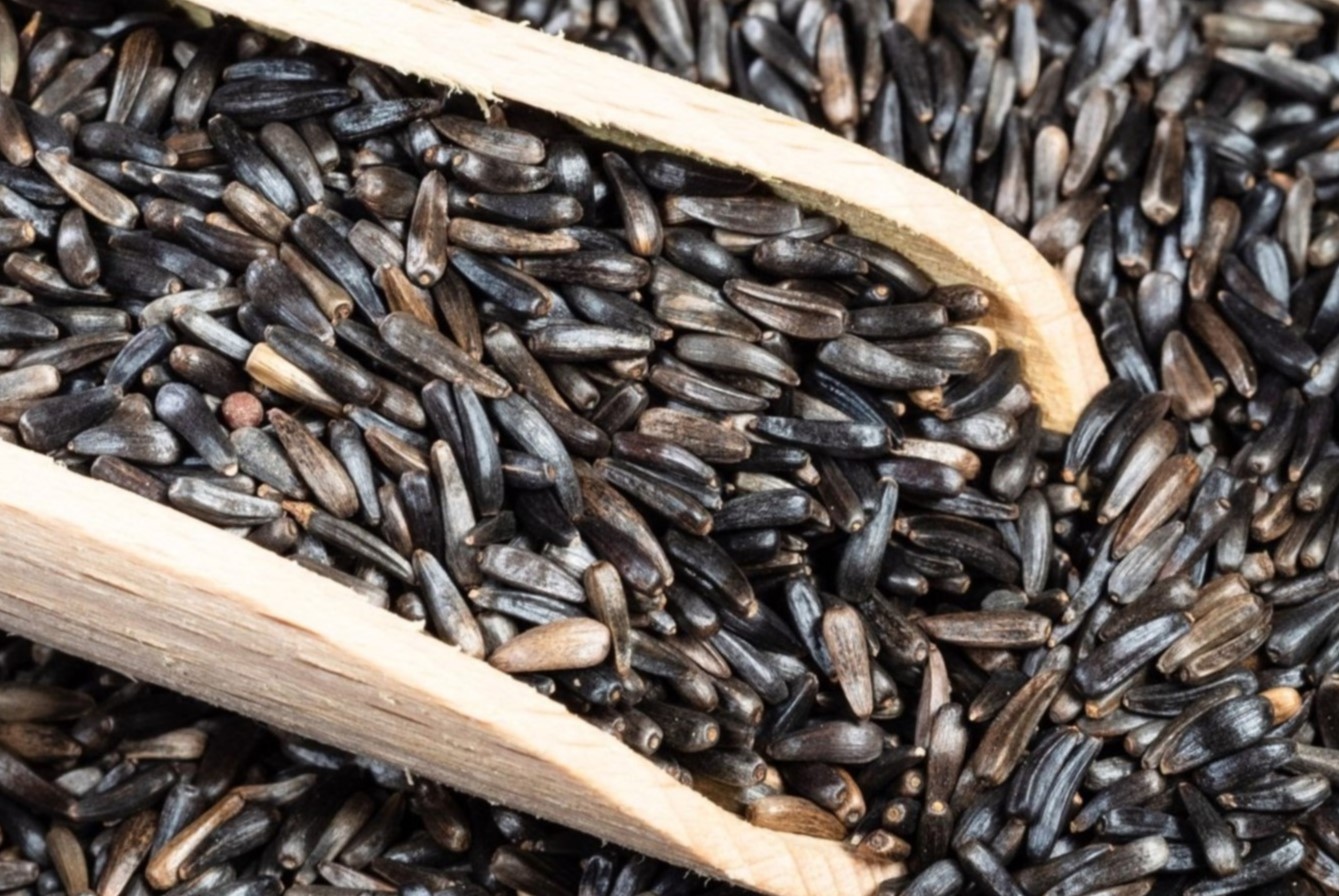

Garden Essentials
What Are Niger Seeds
Modified: October 20, 2024
Discover the benefits and uses of Niger seeds in your garden. Learn how to grow, harvest, and use this versatile seed to enhance your gardening experience.
(Many of the links in this article redirect to a specific reviewed product. Your purchase of these products through affiliate links helps to generate commission for Storables.com, at no extra cost. Learn more)
Introduction
When it comes to gardening, there are countless varieties of plants to choose from. From vibrant flowers to delicious fruits and vegetables, the options are endless. However, one often overlooked but incredibly beneficial plant is the Niger seed. Also known as “Guizotia abyssinica,” these tiny seeds have been cultivated for centuries and offer a plethora of nutritional benefits and culinary uses.
In this article, we will explore the world of Niger seeds, delve into their nutritional value, highlight their health benefits, discuss their culinary uses, and provide insights into growing, harvesting, and their economic importance. So let’s dive in and discover why Niger seeds are worth adding to your garden.
Key Takeaways:
- Niger seeds are tiny powerhouses of nutrition, packed with protein, fiber, and healthy fats. They promote heart health, aid in weight management, and support digestive and immune health.
- Cultivating Niger seeds in your garden can bring economic benefits and culinary delights. From oil production to bird feeding, these versatile seeds offer a world of possibilities.
Read more: What Is Niger Seed
Description of Niger Seeds
Niger seeds are small, black, oil-rich seeds derived from the Niger plant, scientifically known as “Guizotia abyssinica.” These seeds are about the same size as sesame seeds and feature a soft texture. They have a unique taste, often described as nutty and slightly sweet.
The Niger plant itself is an annual herb that belongs to the Asteraceae family. It is native to Ethiopia and is commonly found in parts of Africa, India, and Southeast Asia. The plant grows up to two meters tall and bears clusters of bright yellow flowers. After the flowers bloom, they develop into small seed capsules that contain the precious Niger seeds.
What makes Niger seeds truly remarkable is their high oil content. These seeds are rich in polyunsaturated fats and are considered an excellent source of essential fatty acids, including linoleic acid and alpha-linolenic acid. They also contain significant amounts of protein, fiber, vitamins, and minerals.
Due to their small size and oil content, Niger seeds are often used in the production of edible oils, mainly in Africa and India. The extracted oil is commonly used for cooking, frying, and even as a lamp oil. Apart from their oil production, Niger seeds are also used in various other applications, such as bird feed, livestock feed, and traditional medicine.
It’s important to note that while Niger seeds have immense value, they should not be confused with the highly toxic “Niger” or “Nigerian” seeds, which are used for the illicit production of drugs.
Nutritional Value of Niger Seeds
Niger seeds are a powerhouse of nutrition, packed with several essential nutrients that contribute to overall health and well-being. Here are some key nutritional facts about Niger seeds:
- Protein: Niger seeds are an abundant source of plant-based protein. They contain approximately 20-25 grams of protein per 100 grams, making them a valuable addition to vegetarian and vegan diets.
- Fiber: These seeds are rich in dietary fiber, promoting healthy digestion and aiding in weight management. Around 20 grams of fiber can be found in every 100 grams of Niger seeds.
- Healthy Fats: Niger seeds are known for their high oil content, primarily composed of polyunsaturated fats. These fats include essential fatty acids like linoleic acid (omega-6) and alpha-linolenic acid (omega-3), which are beneficial for heart health.
- Vitamins: Niger seeds are a good source of various vitamins, including vitamin E and B-complex vitamins like thiamine, riboflavin, and niacin. Vitamin E acts as an antioxidant, protecting the body against oxidative stress.
- Minerals: Niger seeds are rich in minerals like calcium, iron, magnesium, phosphorus, potassium, and zinc. These minerals are essential for proper functioning of the body, including bone health, immune system support, and energy production.
- Antioxidants: Niger seeds contain antioxidants that help combat free radicals and reduce the risk of chronic diseases. These antioxidants include phenolic compounds and flavonoids.
The nutritional profile of Niger seeds makes them a valuable addition to a balanced diet, providing a wide range of essential nutrients for optimal health.
Health Benefits of Niger Seeds
Niger seeds offer a multitude of health benefits, thanks to their impressive nutritional composition. Here are some of the key health benefits associated with consuming Niger seeds:
- Heart Health: The high content of unsaturated fats, including omega-3 and omega-6 fatty acids, in Niger seeds promotes cardiovascular health. These fatty acids have been linked to reducing inflammation, lowering cholesterol levels, and improving overall heart function.
- Weight Management: The fiber content in Niger seeds helps promote feelings of fullness, aiding in weight management by reducing overeating. Additionally, the presence of healthy fats in these seeds helps regulate metabolism, promoting a healthy weight balance.
- Digestive Health: The fiber present in Niger seeds supports healthy digestion and prevents constipation. It adds bulk to the stool, facilitating regular and smooth bowel movements, while also promoting a healthy gut microbiome.
- Immune Support: The vitamins, minerals, and antioxidants in Niger seeds contribute to a robust immune system. They help protect the body against infections, strengthen the immune response, and support overall immune health.
- Bone Health: Niger seeds are a good source of minerals like calcium, magnesium, and phosphorus, which are essential for maintaining healthy bones and preventing conditions such as osteoporosis.
- Brain Function: The presence of omega-3 fatty acids in Niger seeds is beneficial for brain health. These fatty acids, particularly docosahexaenoic acid (DHA), contribute to cognitive function, memory, and overall brain development.
- Antioxidant Properties: Niger seeds contain antioxidants like phenolic compounds and flavonoids, which help combat free radicals and reduce oxidative stress in the body. This, in turn, may lower the risk of chronic diseases such as cancer and heart disease.
- Diabetes Management: The fiber content in Niger seeds helps regulate blood sugar levels by slowing down the absorption of glucose into the bloodstream. This can be beneficial in managing diabetes and preventing sudden spikes in blood sugar.
It’s important to note that while Niger seeds offer numerous health benefits, they should be consumed as part of a balanced diet and in moderation.
Culinary Uses of Niger Seeds
Niger seeds are not only nutritious but also versatile in the kitchen. Here are some culinary uses and ideas for incorporating Niger seeds into your recipes:
- Baking: Niger seeds can be used as a topping for bread, muffins, cookies, and other baked goods. Sprinkle a handful of seeds on top before baking for added texture and crunch.
- Smoothies and Shakes: Add a tablespoon of ground Niger seeds to your favorite smoothie or protein shake. It will provide an extra boost of protein and fiber, making your drink more filling and nutritious.
- Trail Mixes: Combine Niger seeds with other nuts, dried fruits, and seeds to create a homemade trail mix. It’s a perfect snack for hiking, picnics, or simply enjoying on-the-go.
- Roasting: Roast Niger seeds in a dry skillet over medium heat until they become fragrant and slightly golden. The roasted seeds can be sprinkled over salads, soups, or even enjoyed as a healthy snack.
- Curries and Stir-fries: Niger seeds can be used as a flavor enhancer in curries, stir-fries, and other savory dishes. Simply add a teaspoon or two of seeds during the cooking process to infuse a unique nutty flavor.
- Oil Extraction: Niger seeds are commonly used to extract oil. The oil has a mild taste and is often used for cooking, frying, and sautéing. It’s also popular as a massage oil or as an ingredient in homemade skincare products.
- Bird Feed: Niger seeds are a favorite among bird enthusiasts for attracting finches and other small songbirds. You can use specially designed bird feeders or sprinkle the seeds on a tray in your backyard to feed the feathered visitors.
With their nutty flavor and versatile nature, Niger seeds can add a delightful twist to a variety of dishes, making them a great addition to your culinary repertoire.
Niger seeds are small, oil-rich seeds that come from the African yellow daisy plant. They are high in protein, fiber, and antioxidants, and are often used in bird feed and as a cooking oil.
Read more: What Is A Seed?
Growing and Harvesting Niger Seeds
If you’re interested in growing Niger seeds in your garden, here are some essential steps to help you get started:
- Climatic Requirements: Niger seeds thrive in warm climates and require a minimum temperature of 20°C (68°F) for optimal growth. They prefer well-drained soil with a pH level between 6.0 and 7.0.
- Sowing Seeds: Start by preparing the soil by loosening it and removing any weeds. Sow the seeds directly into the soil, ensuring a spacing of about 10-15 cm (4-6 inches) between each seed. Plant them at a depth of approximately 1-2 cm (0.4-0.8 inches).
- Watering: Niger seeds require regular watering, especially during dry periods. Aim to keep the soil consistently moist, but avoid overwatering, as waterlogged soil can lead to root rot.
- Light and Sun Exposure: Niger seeds thrive in full sun, so ensure they receive at least 6-8 hours of direct sunlight each day. This will promote healthy growth and robust seed production.
- Pest and Disease Management: Watch out for common garden pests, such as aphids and caterpillars, which may attack Niger plants. Use organic pest control methods or consult with a professional if necessary. Niger seeds are relatively resistant to diseases but keep an eye out for any signs of fungal or bacterial infections.
- Harvesting: Niger seeds are ready for harvest when the seed capsules turn yellow and begin to dry out. Usually, it takes around 100-120 days from sowing to harvest. Cut the seed clusters from the plant and allow them to dry in a well-ventilated area. Once dry, gently thresh the seed capsules to separate the seeds.
- Seed Storage: Store the harvested Niger seeds in a cool, dry place in airtight containers. When properly stored, they can stay fresh for up to 2 years.
By following these guidelines, you can successfully cultivate and harvest your own Niger seeds, enjoying their nutritional benefits straight from your garden.
Economic Importance of Niger Seeds
Niger seeds hold significant economic importance, both on a local and global scale. Here are some key aspects of their economic significance:
- Edible Oil Production: One of the primary uses of Niger seeds is the extraction of edible oil. The oil obtained from Niger seeds is light yellow in color, has a mild flavor, and is commonly used in cooking, frying, and as a salad dressing. In regions where Niger seeds are grown in large quantities, the oil production industry plays a vital role in the local economy.
- Animal Feed: The residue left after oil extraction, known as Niger seed cake, is a valuable byproduct used as livestock feed. It is rich in protein and other nutrients, making it an excellent supplement for animals, particularly cattle and poultry. The production and sale of Niger seed cake contribute to the economic sustainability of the agricultural sector.
- International Trade: Niger seeds have a global market demand for their oil extraction and bird seed purposes. Countries like Ethiopia, India, Nepal, and Myanmar are major exporters of Niger seeds. The international trade of Niger seeds not only generates revenue but also provides employment opportunities for individuals involved in the cultivation, processing, and distribution of these seeds.
- Bird Seed Industry: Niger seeds are highly sought after for their nutritional value and appeal to small songbirds, particularly finches. The bird seed industry, both for domestic and international markets, contributes to the economic growth of regions where Niger seeds are cultivated. This industry creates employment opportunities and stimulates tourism for birdwatching enthusiasts.
- Traditional Medicine: In some cultures, Niger seeds are used in traditional medicine practices. They are believed to have therapeutic properties and are used in various herbal remedies to treat ailments like respiratory disorders, arthritis, and inflammation. The utilization of Niger seeds in traditional medicine contributes to the local economy through the cultivation and trade of medicinal plants.
The economic importance of Niger seeds extends beyond their direct uses. The cultivation and trade of these seeds support livelihoods, create employment opportunities, and contribute to the overall economic stability of communities involved in the Niger seed industry.
Potential Side Effects and Precautions of Niger Seeds
While Niger seeds offer numerous health benefits, it’s important to exercise caution and be aware of potential side effects and precautions associated with their consumption:
- Allergies: Some individuals may be allergic to Niger seeds. If you have a known allergy to seeds, it’s best to avoid Niger seeds or consult with a healthcare professional before including them in your diet.
- Oxalate Content: Niger seeds contain oxalates, which can potentially lead to the formation of kidney stones in susceptible individuals. If you have a history of kidney stones or are at risk, it’s advisable to moderate your intake of Niger seeds and ensure proper hydration.
- Seed Coating: Commercially available Niger seeds are sometimes coated with additives to enhance their appearance or preserve freshness. It’s essential to purchase high-quality, organic seeds and avoid those with added chemicals or coatings.
- Portion Control: While Niger seeds are highly nutritious, they are also calorie-dense. If you are watching your calorie intake or trying to manage your weight, it’s important to consume them in moderation and be mindful of portion sizes.
- Interactions with Medications: Niger seeds may interact with certain medications, particularly blood-thinning medications. If you are taking any medications, it’s recommended to consult with your healthcare provider before adding Niger seeds to your diet.
- Pregnancy and Breastfeeding: Due to limited research on the effects of Niger seeds during pregnancy and breastfeeding, it’s advised to consult with a healthcare professional for personalized guidance. It’s generally recommended to consume a diverse diet and avoid excessive or unregulated intake of Niger seeds.
As with any new addition to your diet, it’s always a good idea to start with small quantities and observe how your body responds. If you experience any adverse reactions or discomfort after consuming Niger seeds, discontinue use and seek medical advice.
Conclusion
Niger seeds are a small but mighty addition to any garden. These black, oil-rich seeds offer a range of nutritional benefits and a unique nutty flavor. With their versatility in the kitchen, they can be incorporated into a variety of dishes, from baked goods to savory recipes.
From a health perspective, Niger seeds are a powerhouse of essential nutrients. Their high protein, fiber, and healthy fat content contribute to heart health, weight management, digestive health, and immune support. Additionally, the presence of vitamins, minerals, and antioxidants further enhances their nutritional value.
When it comes to cultivation, Niger seeds require warm climates and well-drained soil. They can be grown in home gardens or on a larger scale to support the edible oil production industry or bird seed market. The economic importance of Niger seeds extends to international trade, animal feed production, and even traditional medicine.
While Niger seeds offer numerous benefits, it’s crucial to be aware of potential side effects and precautions. Allergies, oxalate content, interactions with medications, and portion control should be considered. As with any dietary change, it’s best to consult with a healthcare professional if you have any concerns or specific health conditions.
In conclusion, Niger seeds are a valuable addition to any garden, offering both aesthetic beauty and nutritional value. Whether it’s for their oil extraction, bird feeding purposes, or personal culinary exploration, Niger seeds have much to offer. So why not embrace their potential and experience the benefits they bring to your garden and well-being?
Frequently Asked Questions about What Are Niger Seeds
Was this page helpful?
At Storables.com, we guarantee accurate and reliable information. Our content, validated by Expert Board Contributors, is crafted following stringent Editorial Policies. We're committed to providing you with well-researched, expert-backed insights for all your informational needs.


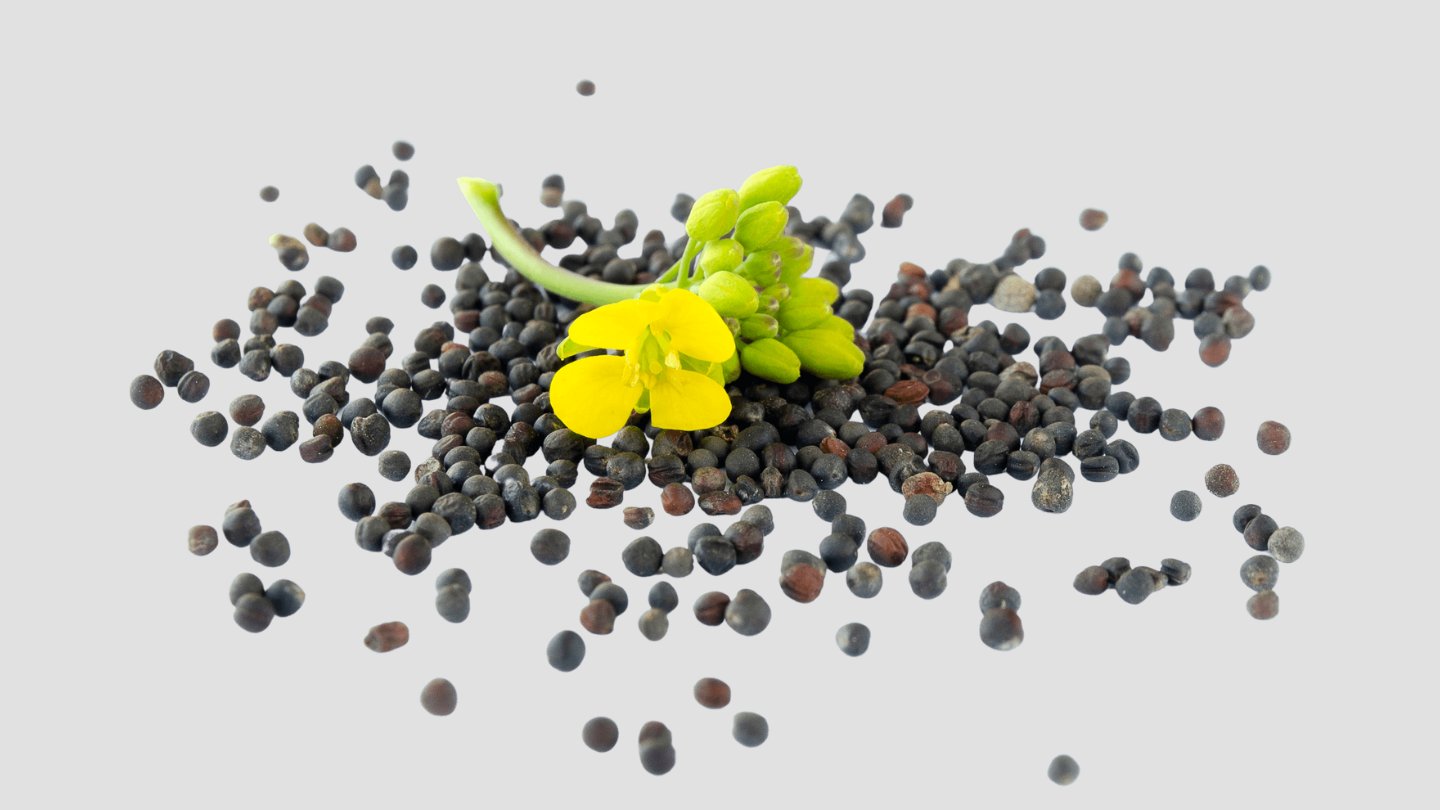
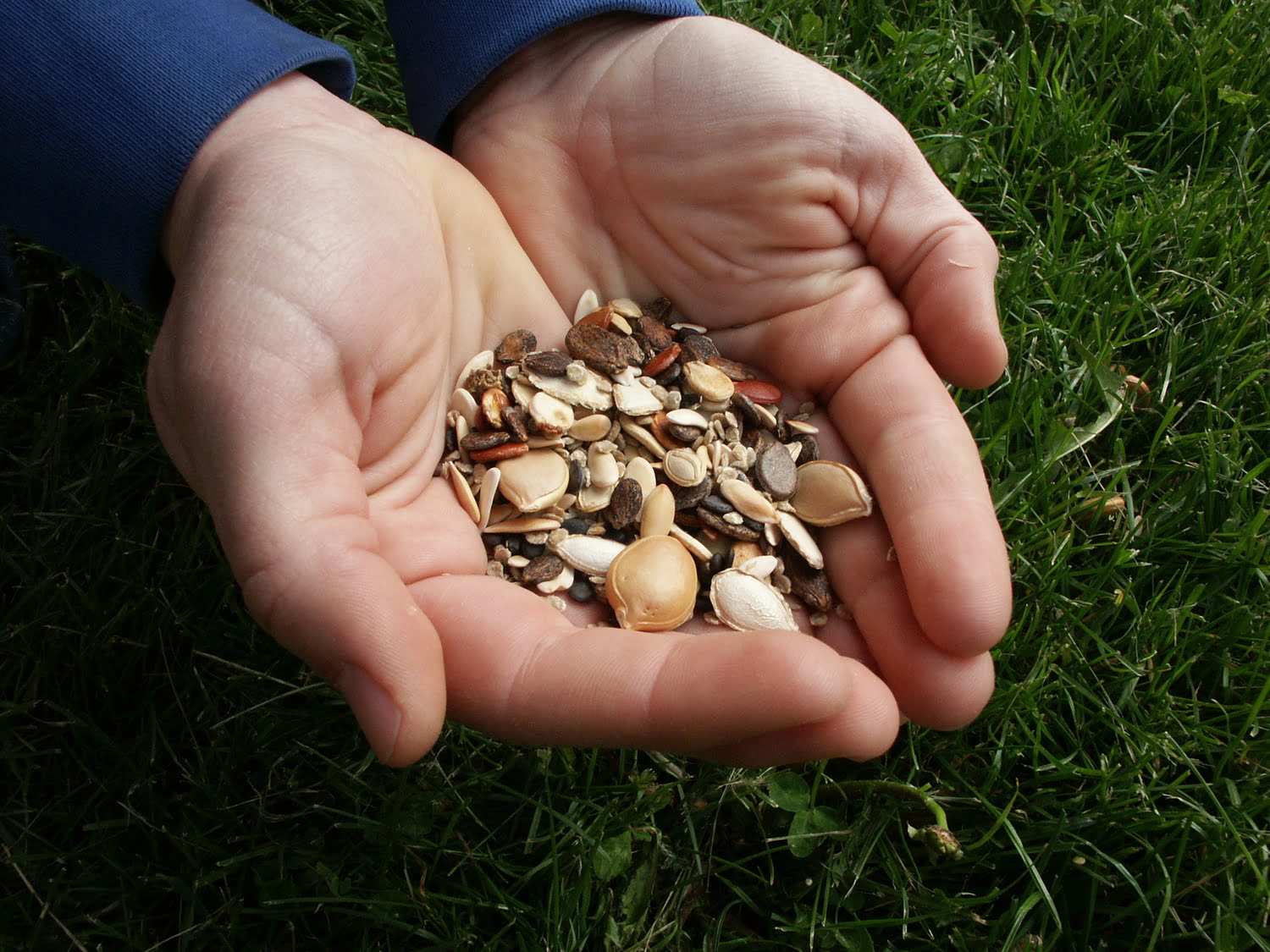
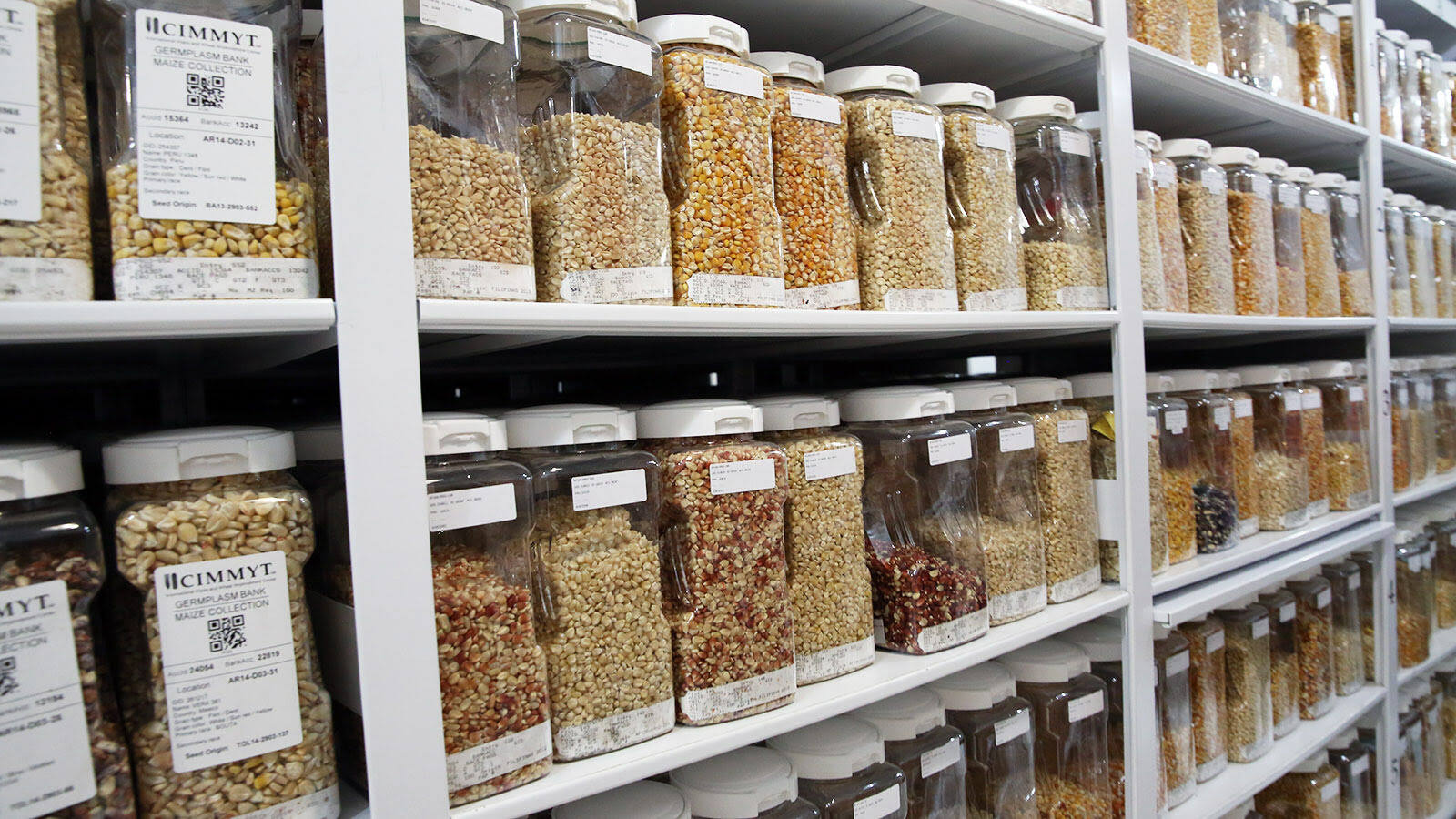
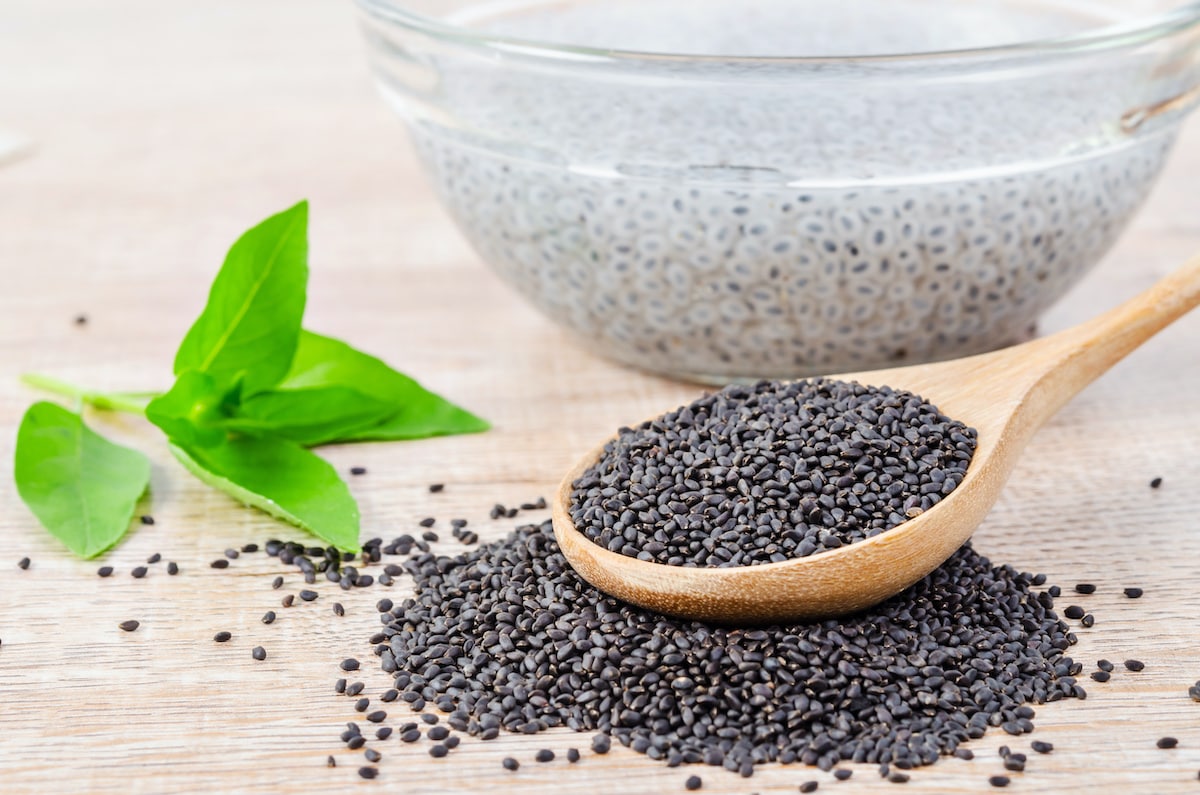
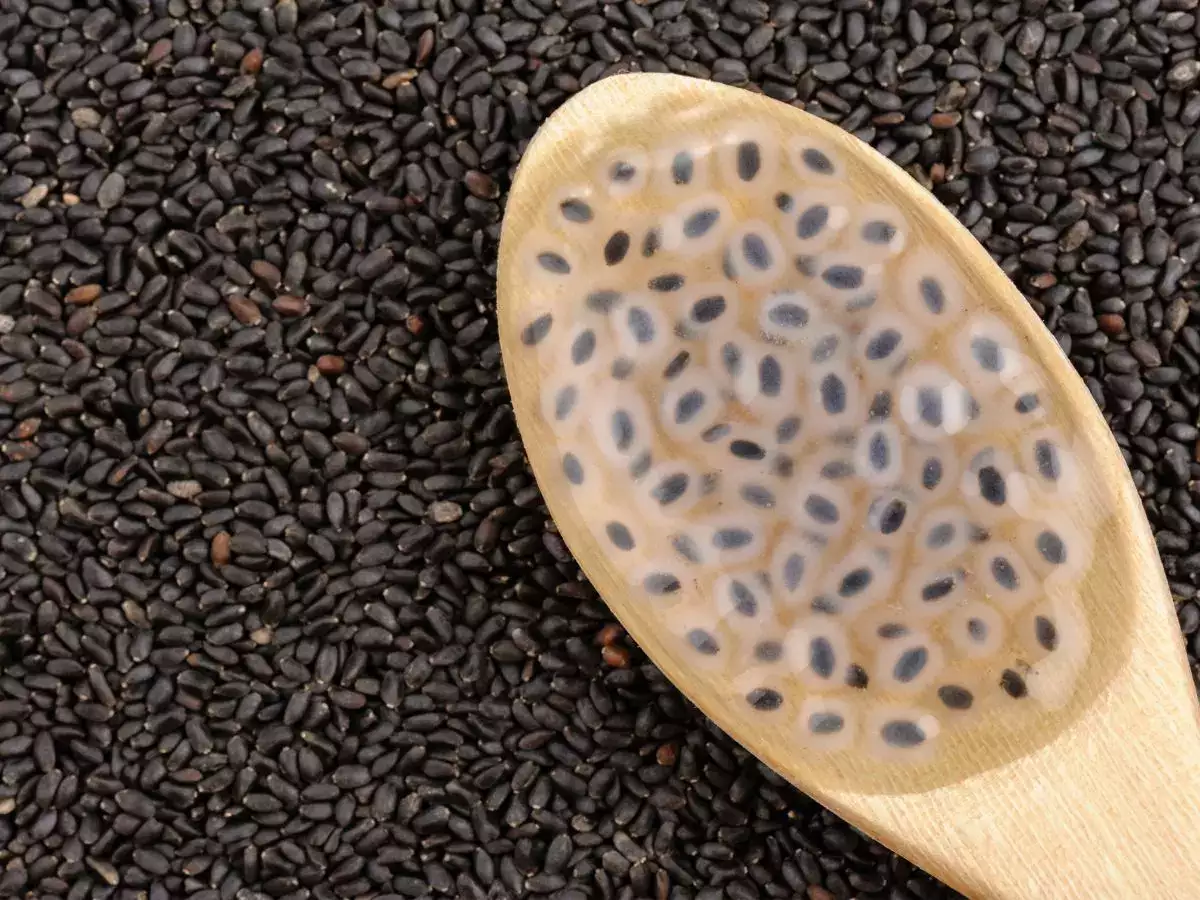
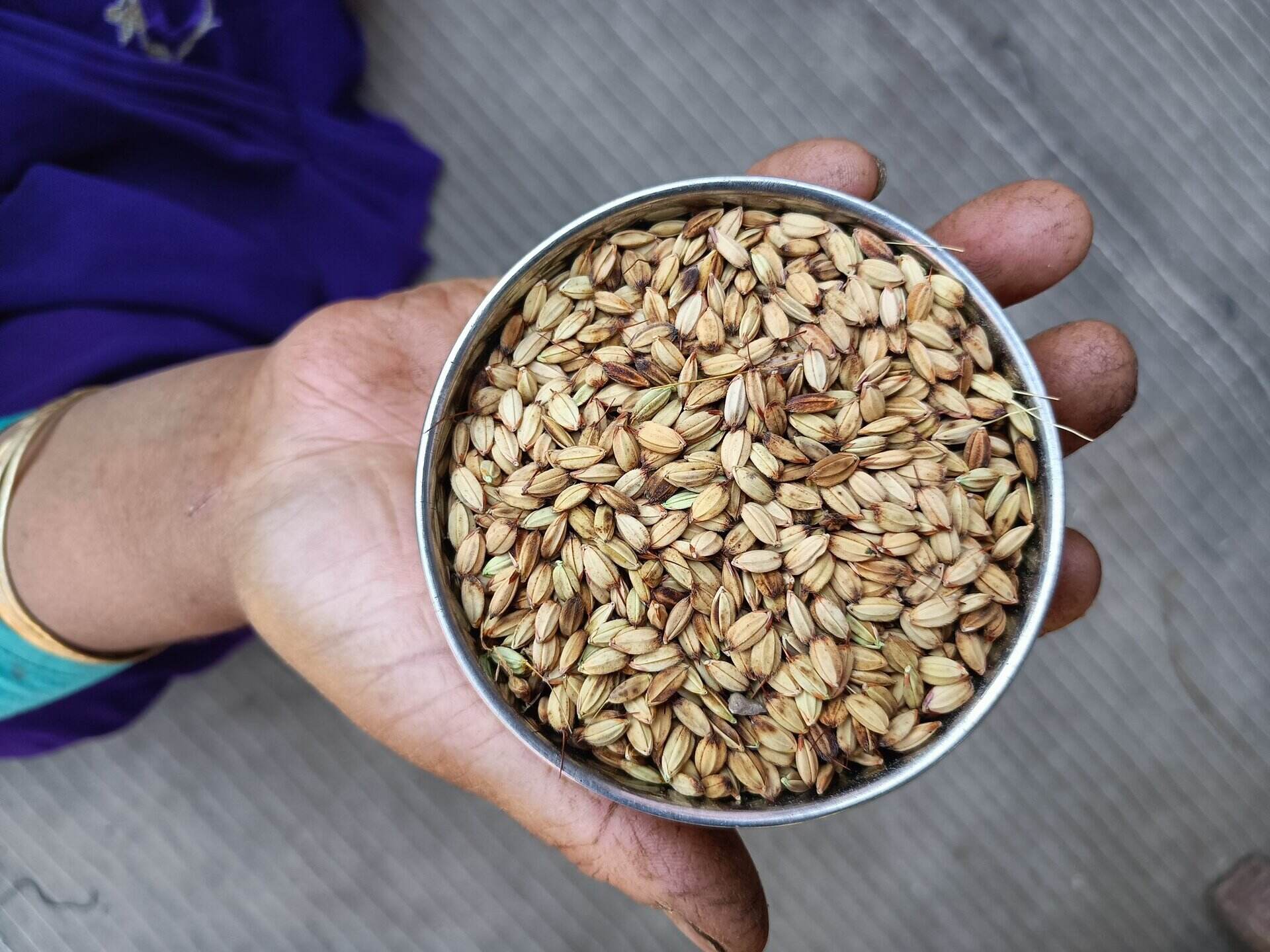
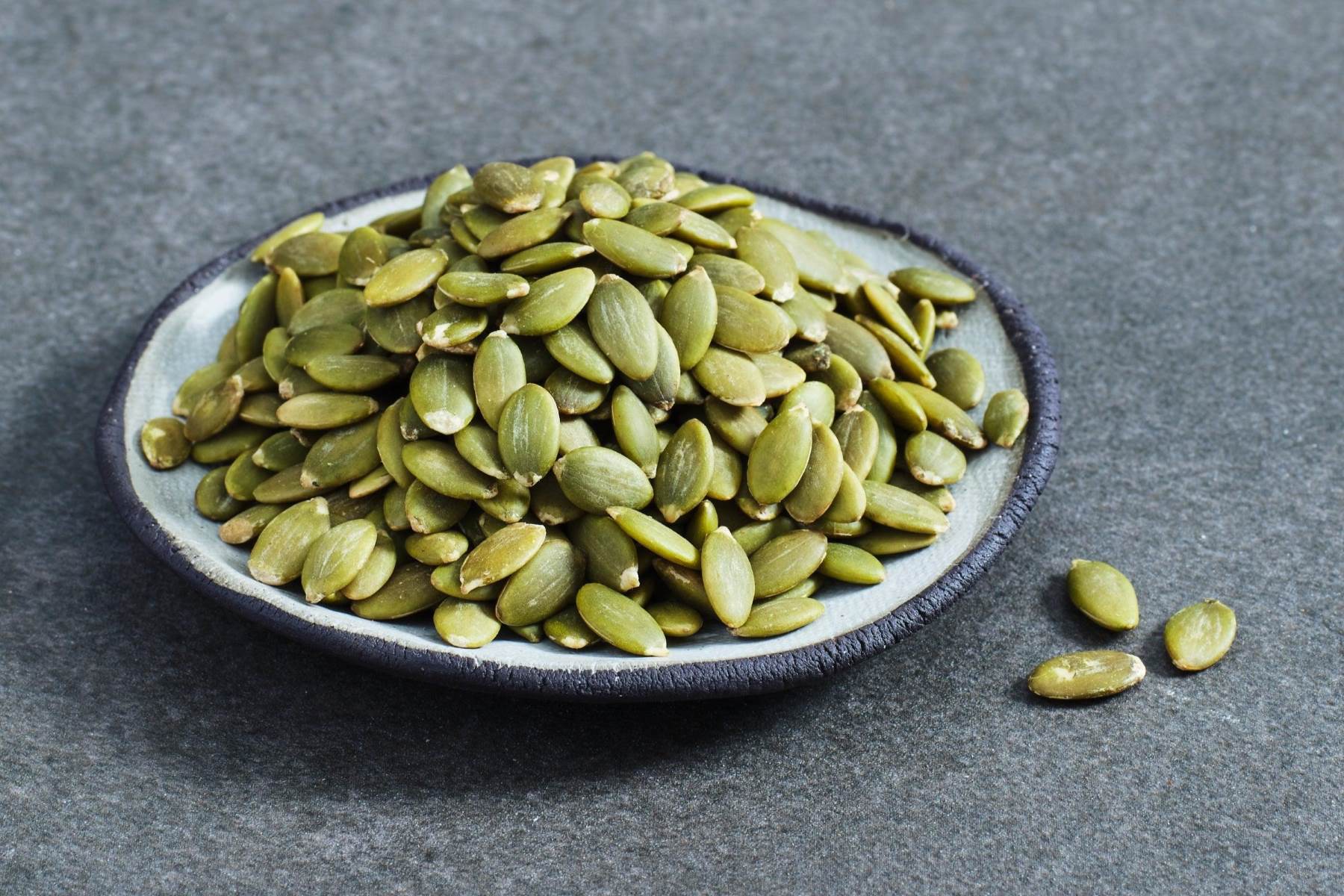
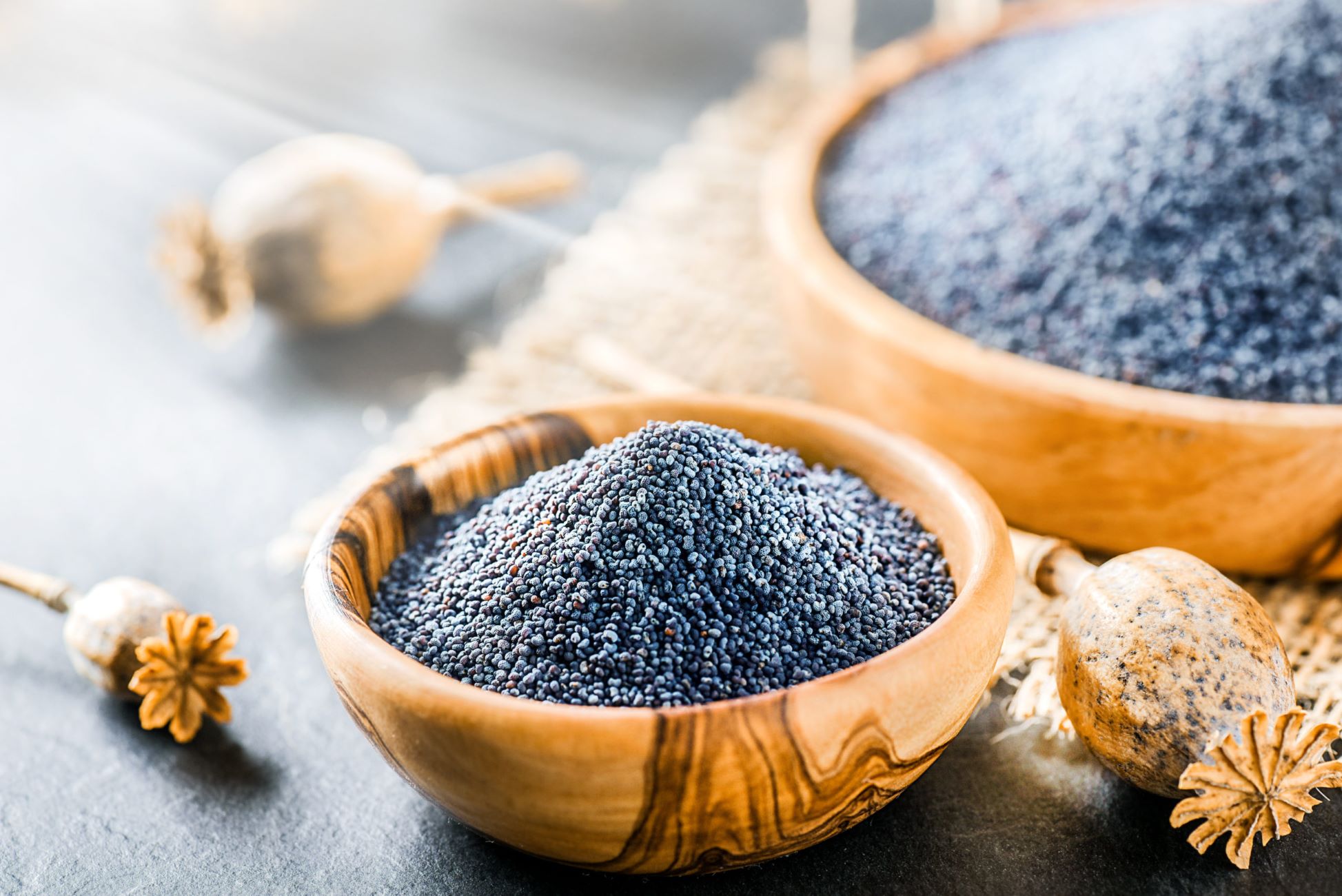
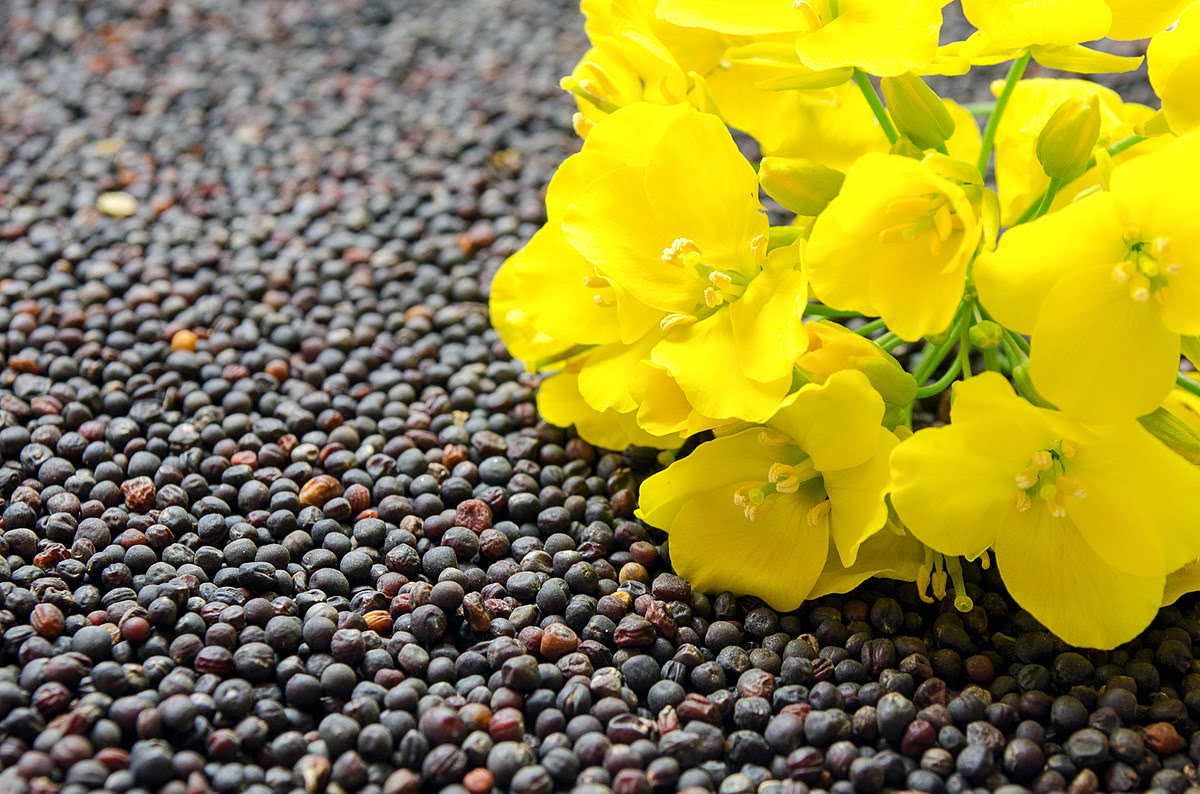
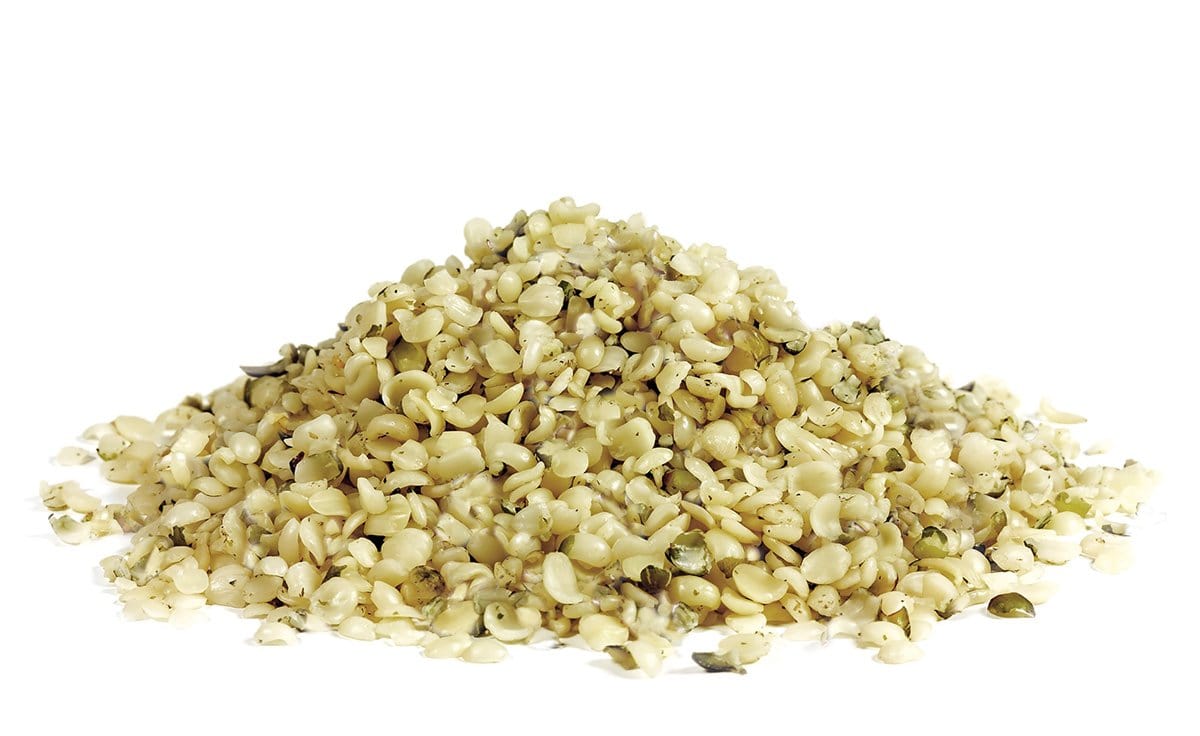



0 thoughts on “What Are Niger Seeds”